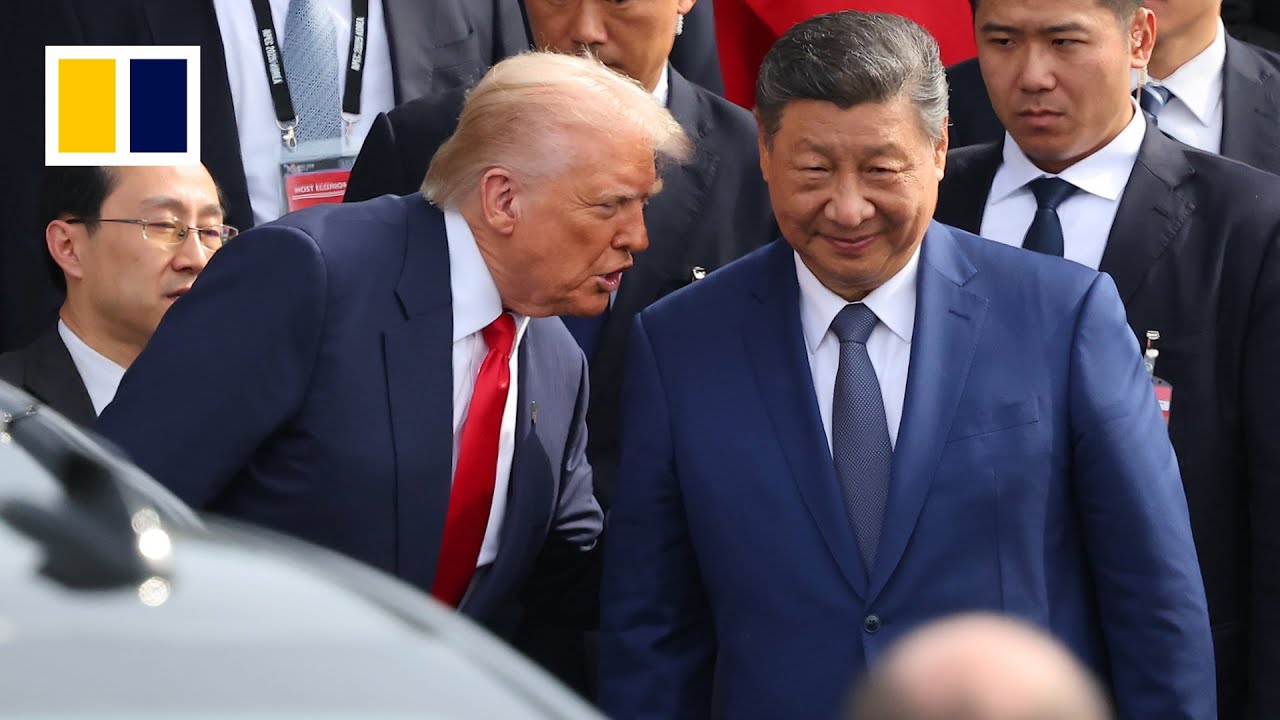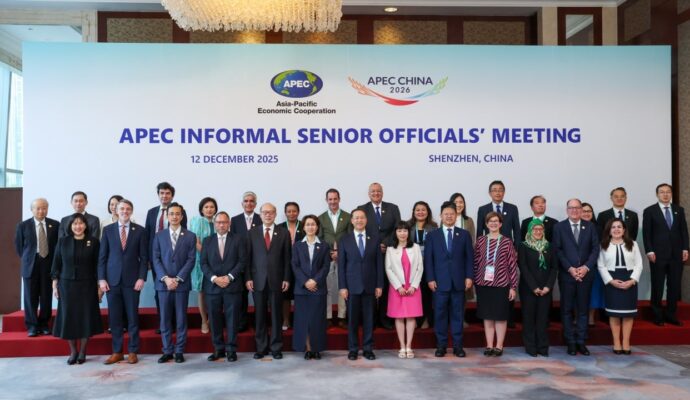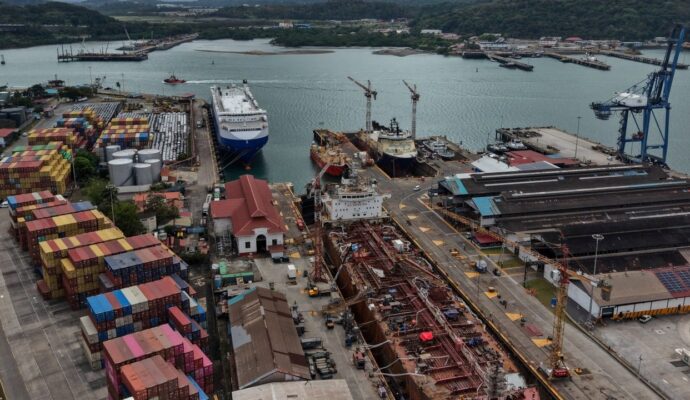At a meeting in Brussels last month, foreign ministers from the European Union’s 27 member states sat down to discuss the bloc’s plans for the Indo-Pacific region. The conversation, according to several people familiar with it, lasted just seven minutes.
Advertisement
It is perhaps unsurprising, then, that officials, diplomats and experts are groaning about the lack of coherence and foresight in the union’s China policy.
At a time when European leaders are promising independence, credibility and resilience, the fleeting discussion suggests a union that is distracted, divided and increasingly peripheral – on China and arguably almost everything else.
As its leaders make impassioned pleas for unity, there are growing fears that the EU is being left behind, and that decisions about its own future and that of the rest of the world are being made elsewhere.
Europe’s marginalism was emphatically confirmed last week when US President Donald Trump trumpeted his “G2” meeting with China’s President Xi Jinping. Even though no one from the continent was invited, Europe was on the agenda as the two giants thrashed out deals on Dutch-based chipmaker Nexperia and rare earth controls that have pummelled its industry.
Advertisement
The Nexperia crisis – launched when Dutch authorities effectively ousted the Chinese-owned company’s management in September while citing governance issues – has drawn the question of Europe’s autonomy back into sharp focus. It happened a day before the US was to add Nexperia to an expanded blacklist because of its Chinese ownership, and court documents show a concerted US pressure campaign.


